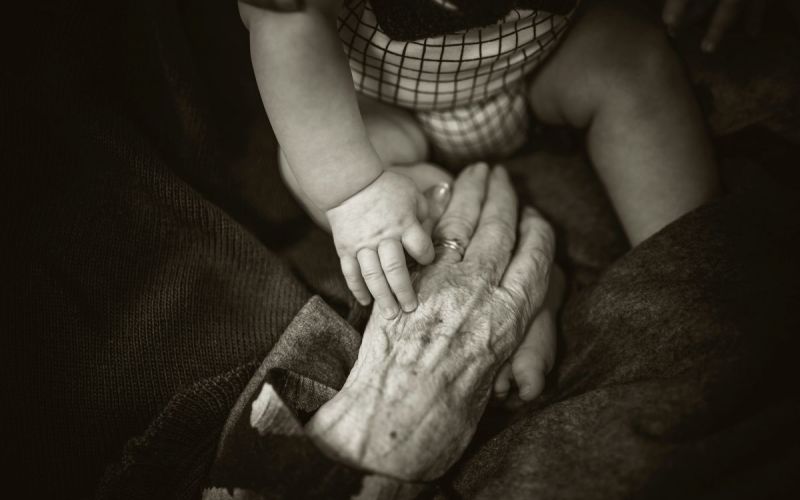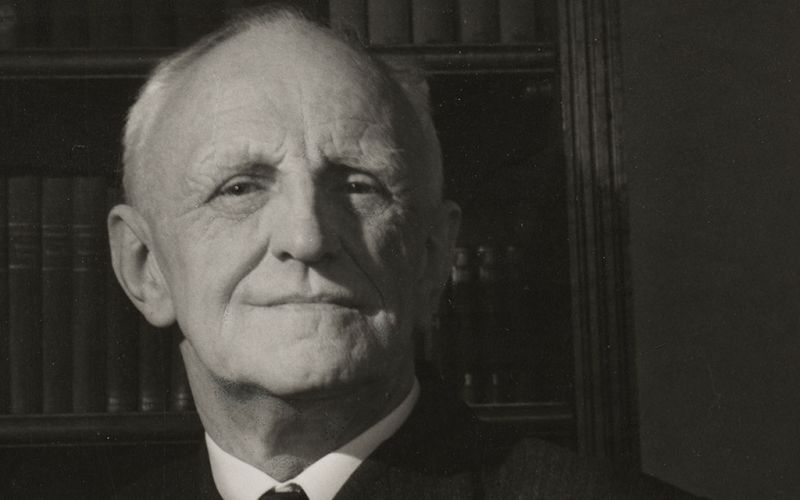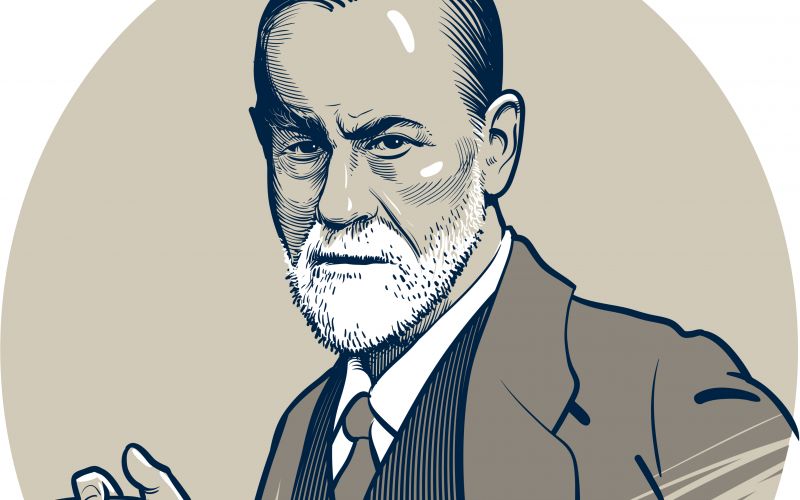Stop in and say hello.
We are pleased to invite the professional public to our lectures, open houses, scientific meetings, and seminars.
Attend our Psychoanalytic Open House
Please join us for an open house event as Pola Eisenstein-Rosan and Milos Markovic, both third-year candidates here at PANY, will present clinical material with follow up discussion by PANY Faculty members Carlos Almeida, MD, and Stephanie Newman, PhD, who will discuss the meaning of how treating money only in the concrete, may have blurred the ability to live more fully in the symbolic while also respecting money’s place in the concrete as well.

OPEN HOUSE
PSYCHOANALYTIC TRAINING POGRAM
Open House | Saturday February 28
Join us for a case presentation and discussion. There will be a Q&A where representatives from the Outreach Committee and PANY Faculty will be available for questions. Lunch will be served.
Presenters:
Pola Eisenstein-Rosan, PhD, &
Milos Markovic, MD, PhD
PANY Psychoanalytic Candidates
Presenters:
Pola Eisenstein-Rosan, PhD,
& Milos Markovic, MD, PhD
PANY Psychoanalytic Candidates
PANY Faculty Discussants:
Carlos Almeida, MD
Stephanie Newman, PhD
PANY Outreach Chair:
Angela Vuotto, DO
Often in a psychoanalytic treatment, money is a vehicle, unconsciously used by our patients to obscure their deepest wishes and fears. However, the analyst’s own inner world of feelings surrounding money often allows such wishes and fears to be obscured. A decided upon fee, missed payments, missed billings, too high a fee, too low a fee, all, can become a concrete world in which the meaning of the money in a particular treatment goes unnoticed.
The meaning of money within the mind of the analyst can effect the analyst’s capacity to address the deeper and nuanced meaning of money in a treatment. When choosing to view money as mostly transactional, we turn away from important aspects of our patient’s past and inner world. So, how do we allow ourselves to earn a living, while at the same time manage the complex symbolism of money in an analytic treatment?
Please join us for an open house event as Pola Eisenstein-Rosan and Milos Markovic, both third-year candidates here at PANY, will present clinical material with follow up discussion by PANY Faculty members Carlos Almeida, MD, and Stephanie Newman, PhD, who will discuss the meaning of how treating money only in the concrete, may have blurred the ability to live more fully in the symbolic while also respecting money’s place in the concrete as well.
PANY Events.

Group Psychoanalysis: Who Knew?

Grandfathers, Mothers. and Sons; Three Generations Undertake a Project of Reconstruction and Restoration

Gender, Sex, Sexuality, “Le Sexuel”: Crosscurrents in Psychoanalytic Developmental Theory".

Noticing Understanding Responding - Winnicott at Work

The Innate Capacity for Representing Subjective Experience: The Infant’s Mind is Neither Primitive nor Pre-representational
Psychoanalytic Association of New York
NYU Department of Psychiatry
One Park Avenue, 8th Floor
New York, NY 10016
Telephone: 646-754-4870
Fax: 646-754-9540
Email: This email address is being protected from spambots. You need JavaScript enabled to view it.